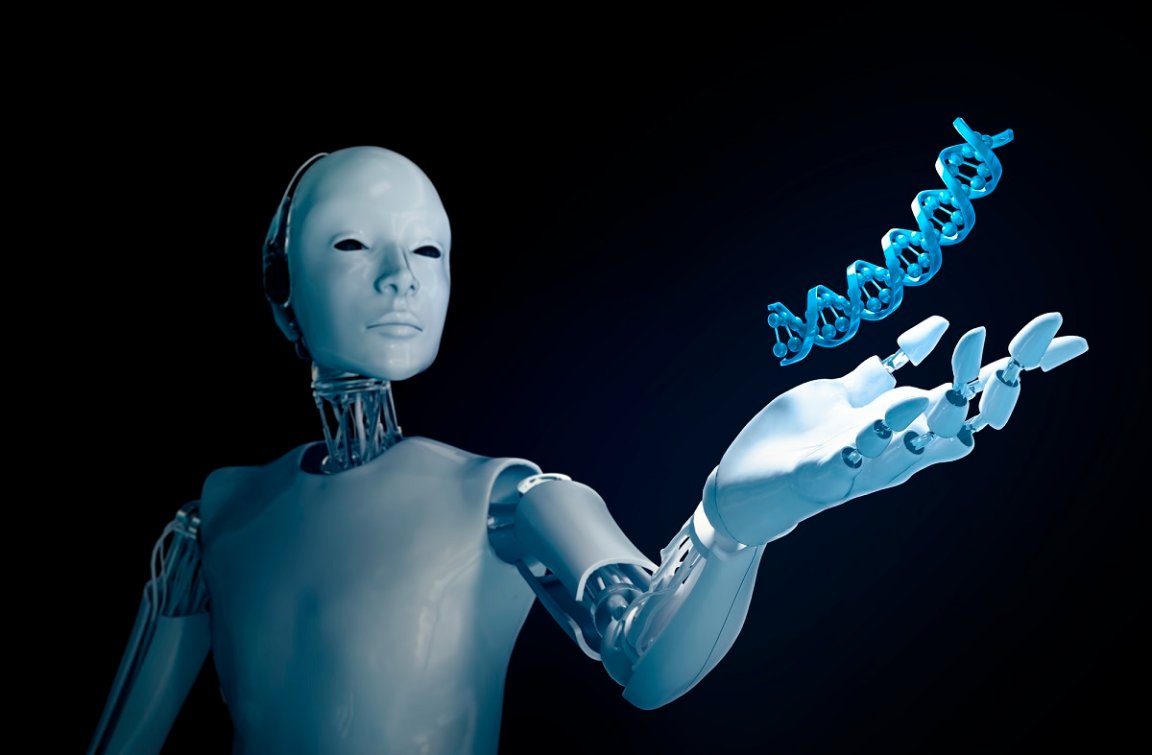
In a moving new profile, The New Yorker documented the literally life-changing ambitions of He Jiankui, the Chinese scientist whose CRISPR gene editing of human babies led to infamy and a prison sentence.
As the profile recounts, He — known as JK to friends and colleagues — has long been intrigued by the concept of gene editing to cure or even prevent cancer, Alzheimer’s, and HIV. But as the story reveals, his ambitions were almost godlike in scope, with JK telling colleagues he planned to cure a range of serious diseases, then move onto radically extending the human lifespan to 120 years.
“I understand my work will be controversial,” he said later. “But I believe families need this technology, and I’m willing to take the criticism for them.”
It was HIV that led to his notoriety, after the scientist used the world-changing DNA strand-cutting compound CRISPR to gene edit the embryos of two twin baby girls, known by their pseudonyms Lulu and Nana, in a way that, he claimed, made them immune from HIV.
At one point prior to the experiment that resulted in the births of Lulu, Nana, and a third gene-edited baby named Amy, JK began straight-up asking fellow scientists if they thought editing the genomes of embryos, which would not only change the genes of the individuals born of those embryos but also of their descendants, was ethical.
In one instance, the profile notes, JK met James Watson, one of the people who discovered the double-helix structure of DNA strands who has, unfortunately, spent his twilight years being a virulent racist. The Chinese scientist asked the DNA pioneer whether or not editing embryos was an acceptable thing to do; Watson responded with a hand-written note that said “Make people better,” which JK hung up in his lab.
Making people better was, it seems, the heart of JK’s ambitions. He talked of wanting to create a “genetic vaccine” that would prevent the cancers, diseases and disorders that plague humankind.
As employees of JK’s at China’s Southern University of Science and Technology — whose acronym, SUSTech, feels a little too on the nose — recounted to The New Yorker, the scientist envisaged himself going down in history as “China’s Edison.”
“As a result of promoting genome editing, humanity is smarter, stronger, and healthier,” JK wrote in a PowerPoint presentation he once shared with colleagues at SUSTech, the Shenzhen, China-based research institute out of which the embryo-editing experiments were based. “Humanity enters an age of controlling destiny.”
There is still a lot of mystery surrounding JK’s experiments, including the actual identity of the parents and children impacted by his embryo editing and their current health status.
What seems increasingly clear, however, is that after his release from prison last year, the scientist is already working to continue on his quest to create a “genetic vaccine,” and given that he’s now running the genetic medicine department of none other than the Wuhan Institute of Technology, he may be poised to do just that.
More on genetics: The Male Y Chromosome Has Finally Been Completely Sequenced